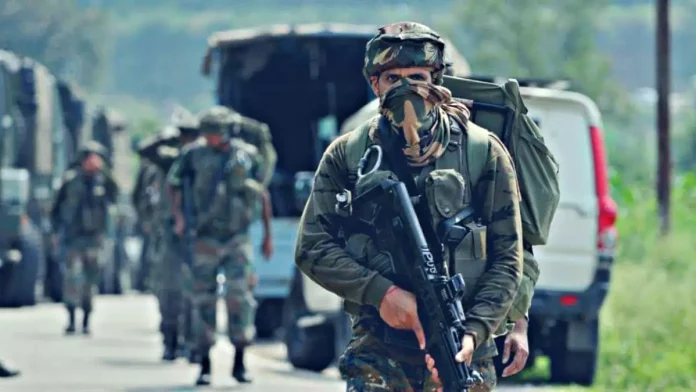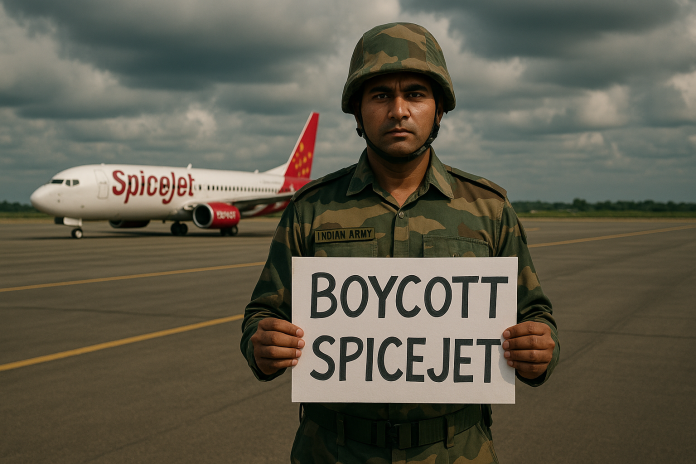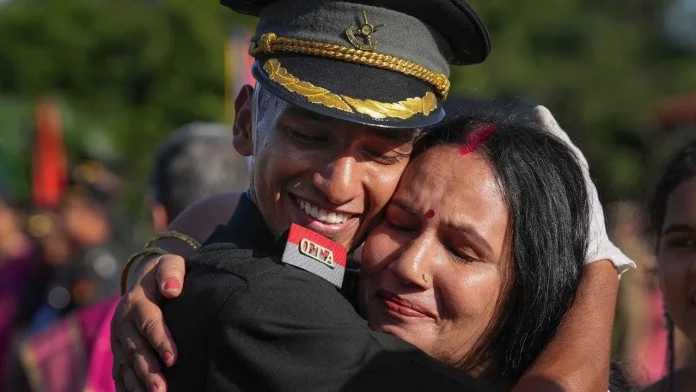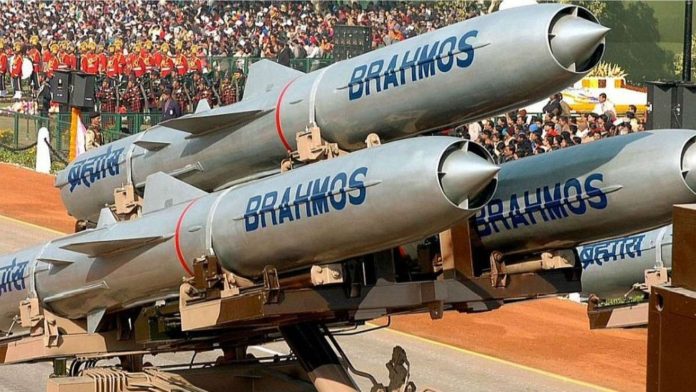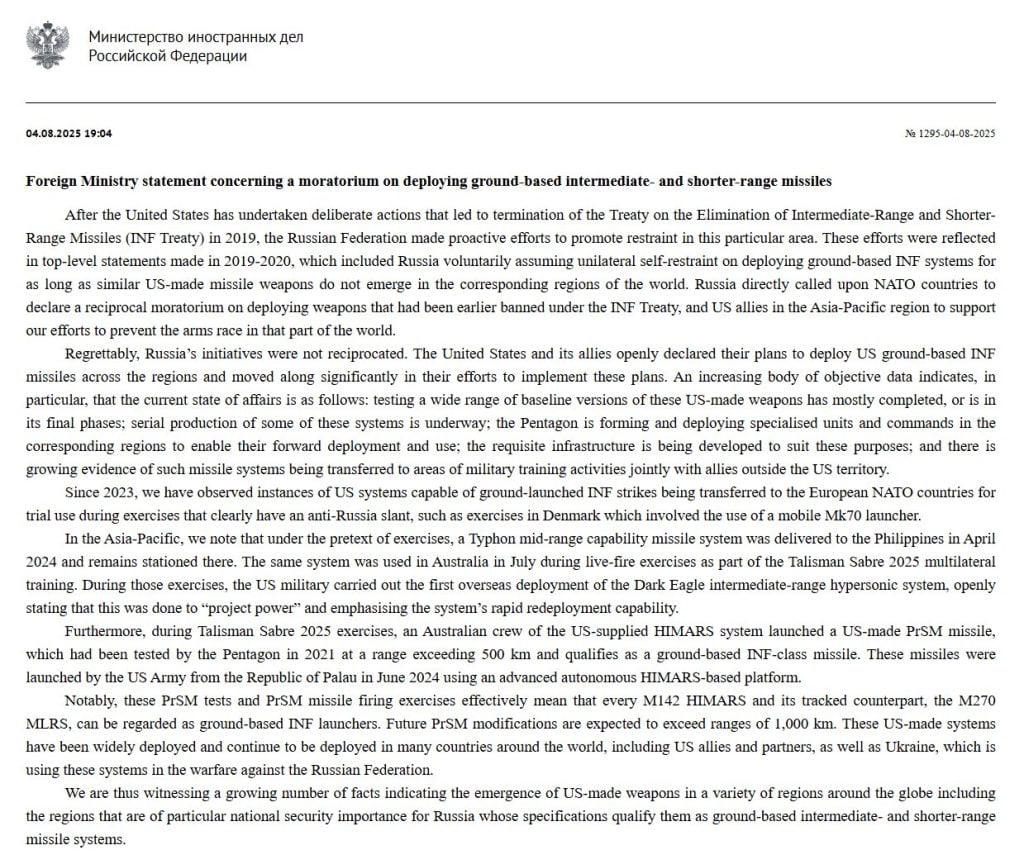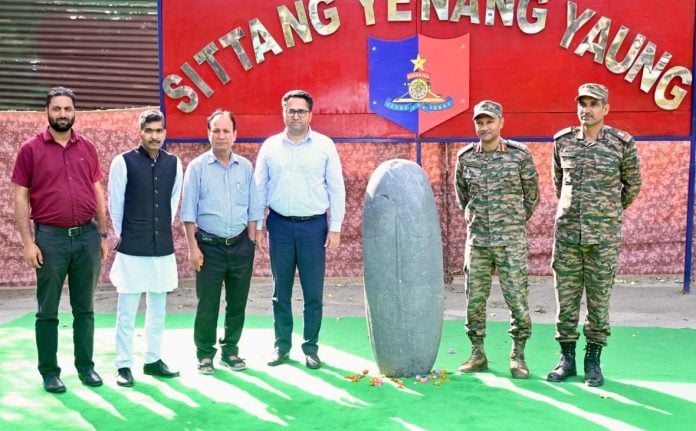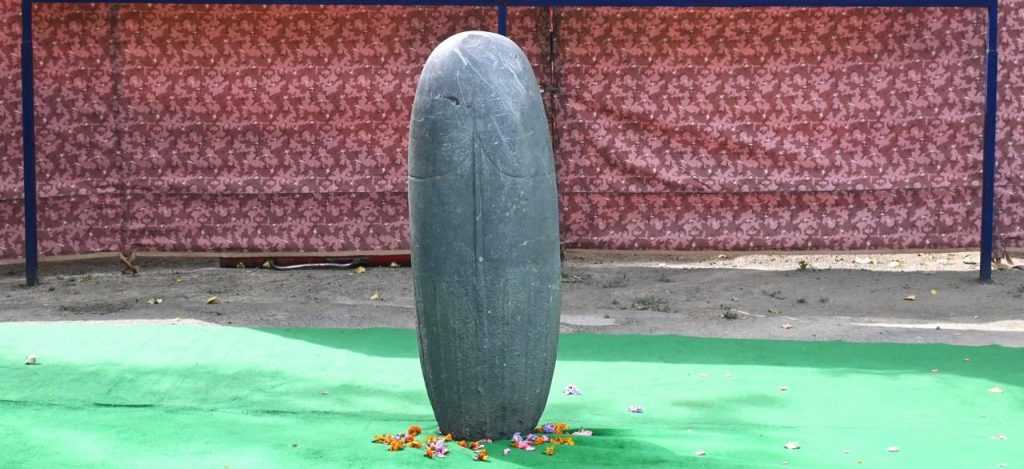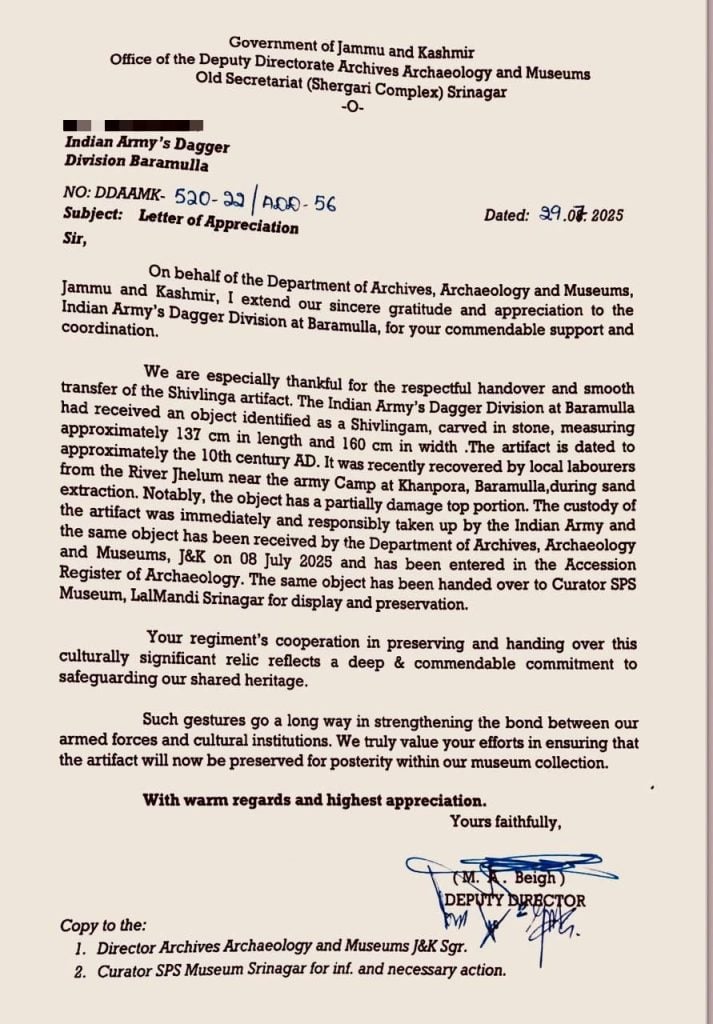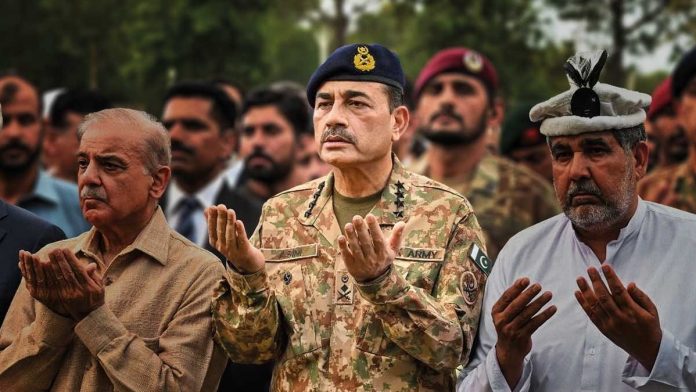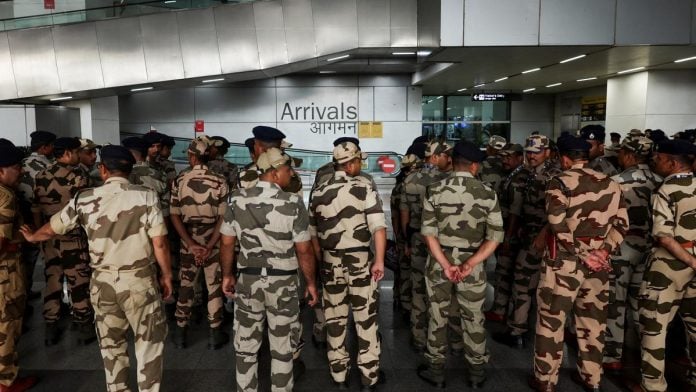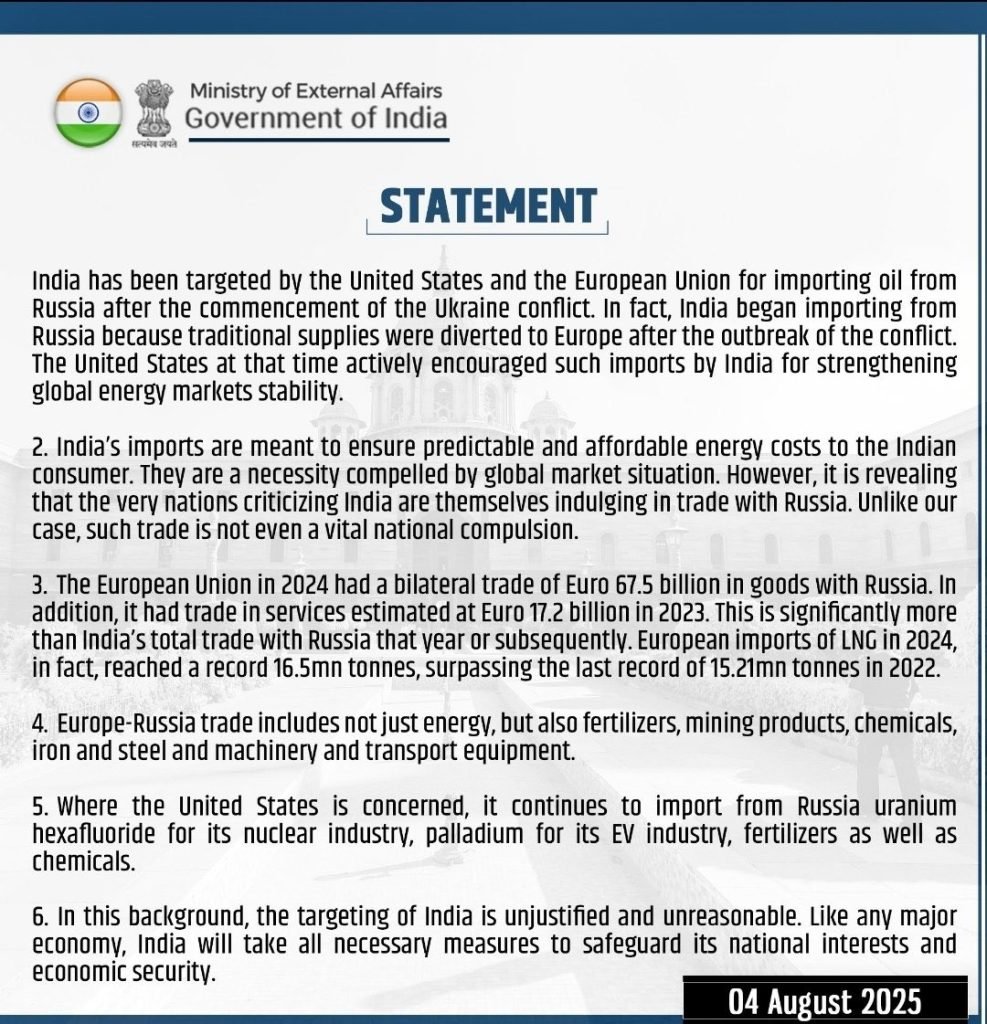On July 26, 2025, a contentious incident at Srinagar airport involving Lieutenant Colonel Ritesh Kumar Singh, a senior Indian Army officer, and SpiceJet staff over excess cabin baggage escalated into a physical altercation, sparking a significant social media trend, #BoycottSpiceJet, led by Indian Army veterans. This survey note provides a comprehensive analysis of the event, reactions, and broader implications, based on recent reports and social media activity as of August 5, 2025.
The incident occurred at the boarding gate of SpiceJet flight SG-386 from Srinagar to Delhi. According to SpiceJet’s official statement, Lt Col Singh was carrying two cabin bags weighing a total of 16 kg, exceeding the permitted 7 kg limit. When asked to pay for the excess, he allegedly refused, forcefully entered the aerobridge, and assaulted four ground staffers, causing severe injuries. Reports detail a spinal fracture to one staff member, serious jaw injuries to another, and one staffer being knocked unconscious, with a video showing the officer in jeans and T-shirt kicking and hitting staff with a queue stand.
However, Lt Col Singh filed an FIR against SpiceJet, claiming mistreatment and missing his flight. He alleges he was carrying only 8-9 kg of cabin baggage, cleared at check-in, and faced aggressive confrontation by 4-5 staff members at the gate. Eyewitness accounts and a second, unverified video suggest the staff may have assaulted him first, adding complexity to the narrative.
Legal actions include an FIR registered against Lt Col Singh for assault, with SpiceJet submitting CCTV footage and initiating procedures to place him on a no-fly list. The Indian Army has responded, stating it is committed to upholding the highest standards of discipline and conduct, taking all allegations seriously, and extending full cooperation to the investigating authorities. They await the investigation outcome to decide further action.
The #BoycottSpiceJet trend emerged prominently on social media, particularly on X (formerly Twitter), driven by Army veterans expressing solidarity with the officer. Retired Lt Gen Vinod Bhatia urged, “I urge citizens of India & Faujis past & present & their dependents to boycott SpiceJet. Their staff insults, misbehaves and manhandles soldiers, and thereafter lodges false complaints.
Veterans such as Lt Col Sushil Singh Sheoran defended the officer, stating, “Airlines today behave like crooks. Someone is bound to explode. Only the person on the scene knows the real situation,” and highlighted arbitrary baggage charges and reduced staff. Another veteran shared CCTV footage, questioning, “How can a passenger be denied boarding when he holds a valid boarding pass?” while a third claimed staff mocked the officer with, “‘Aaj army wala fansa hai,'” suggesting an intent to intimidate.
This incident underscores tensions between airline policies and passenger rights, particularly for military personnel. The officer’s posting at the High-Altitude Warfare School in Gulmarg and urgent travel for family leave highlight the pressures faced by soldiers. The CISF’s role in intervening promptly ensured no disruption to flight operations, managing the situation.

